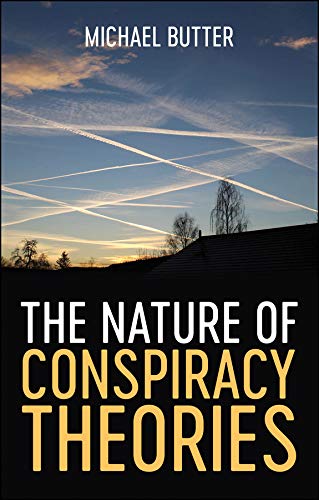“We used to be afraid of conspiracies,” our author writes. “We are now more afraid of conspiracy theories.” The ease and speed and anonymity with which ideas can be spread on the Internet and the strange willingness of some to believe even the most outlandish stories seems almost a different form of pandemic. The traditional watchdog role of the media in fact checking has been largely nullified. International access has made false propaganda easy. Our author explores the connection between conspiracy theories and populism and the feeling of helplessness that often goes with it. “Conspiracy theories create meaning, reduce complexity and uncertainty, and emphasize human agency,” says our author. He also examines the shape and form that many conspiracy theories take – whether they are top-down (a government plot), bottom-up (a plot against the government), or event driven (JFK’s assassination), etc. He examines the extent to which the paranoid style has taken over the social sciences in universities, that is often similar to conspiracy theories.
Possible research/presentation topics include: exaggerated fears of vaccinations, sources of Covid-19, reasons for storming the Capitol, etc.
Common Reading: The Nature of Conspiracy Theories, by Michael Butter, translated from German by Sharon Howe (2021)
